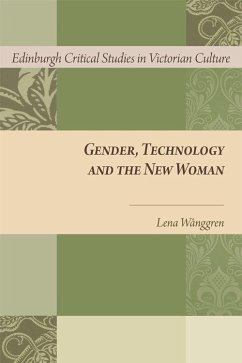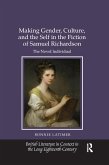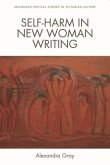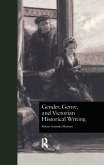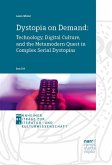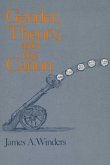'This is an astute study of the ways in which late-Victorian literature imagines the figure of the emancipated New Woman as the user of a whole series of late-Victorian inventions, from the bicycle to the typewriter, to technologies of the clinic. A valuable addition to work on literature and technology.' Nicholas Daly, University College Dublin The first full-length study of modern technologies in late-Victorian New Woman writing This book examines late nineteenth-century feminism in relation to technologies of the time, marking the crucial role of technology in social and literary struggles for equality. The New Woman, the fin de siècle cultural archetype of early feminism, became the focal figure for key nineteenth-century debates concerning issues such as gender and sexuality, evolution and degeneration, science, empire and modernity. While the New Woman is located in the debates concerning the 'crisis in gender' or 'sexual anarchy' of the time, the period also saw an upsurge of new technologies of communication, transport and medicine. Wånggren explores writings by overlooked authors such as Grant Allen, Tom Gallon, H. G. Wells, Margaret Todd and Mathias McDonnell Bodkin. This book demonstrates how literature of the time is inevitably caught up in this technological modernity: technologies such as the typewriter and the in literary texts become freedom machines, harbingers of female emancipation. Lena Wånggren is Research Fellow at the University of Edinburgh.
Hinweis: Dieser Artikel kann nur an eine deutsche Lieferadresse ausgeliefert werden.
Hinweis: Dieser Artikel kann nur an eine deutsche Lieferadresse ausgeliefert werden.

